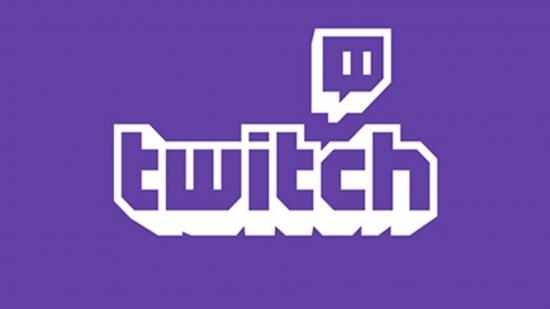Twitch has revealed its updated Hateful Conduct and Harassment Policy, which includes specific examples of banned images and behaviours, and says the new policy will go into effect next month. The announcement comes more than a month ahead of implementation, Twitch says, in order to give creators time to educate themselves on the changes introduced in the document.
In its explanation, Twitch explains that the new policy is meant to make the company’s existing stance against hate and harassment more clear, and to give users more explicit guidelines on what is and is not acceptable. “Hateful conduct and harassment have always been prohibited, but we’ve added more detail explaining the behaviours that fall into these categories,” Twitch writes. “We’ve also added specific examples to help you understand how the policy is applied in practice.”
Those specific examples include emotes, and combinations of emotes, which Twitch notes have been used maliciously in the past – notably the ‘Trihard’ emote that got Félix ‘xQc’ Lengyel kicked off the Dallas Fuel Overwatch team in 2018.
Twitch will also be instituting a blanket ban on the display of the Confederate flag. “Given its historic and symbolic association with slavery and white supremacest groups in the US, displaying the Confederate flag is prohibited,” Twitch says. It’s as yet unclear what impact this will have on streams of historic American Civil War games such as the Ultimate General series and Grand Tactician.
Twitch is also banning lewd and explicit comments about “anyone’s sexuality or physical appearance,” and points out that the company does not make an exception to this policy for public figures.
Another expressly prohibited behaviour is accusing a victim of a tragedy of being a liar or a “crisis actor.”
There’s also a more conceptual shift expressed in the new policy. Twitch says that, because it’s a large and open platform, the impact of words and behaviours can go beyond the person speaking and the person to whom they are speaking – harassment and abusive behaviour can impact the community, and audiences, as well. Thus, Twitch says, “under the new policy, our Safety team will look at the content of statements or actions in order to determine whether a behavior is abusive and violates our guidelines, rather than relying solely on perceived intent.”
In other words, Twitch may determine that specific behavior qualifies as abuse even if the user engaging in the behavior wasn’t intentionally being abusive, and even if the person towards whom the behaviour was directed isn’t bothered by it.
Twitch says the policy, developed with input from the new Safety Advisory Council formed this year, will not be applied retroactively – instead, the new guidelines will only be enforceable on content created on or after January 22, 2021, when the policy is set to go into effect. While Twitch declined to specify exactly how enforcement will work, it says warnings and temporary suspensions ranging from 24 hours to 30 days will be used in some cases, while indefinite suspensions are on the table for more severe and egregious offenses.
You can read more about the new policy on the official Twitch blog.
